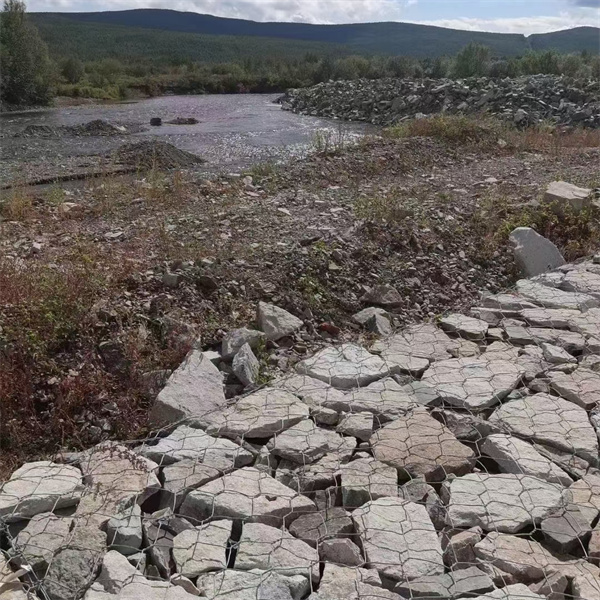Okt . 05, 2024 00:45 Back to list
Finding the Most Affordable Options for Building a Gabion Wall
The Best Cost of a Gabion Wall An In-Depth Analysis
Gabion walls have gained popularity in recent years due to their versatility, durability, and ecological benefits. These structures, constructed from wire baskets filled with stones, can serve various purposes, including erosion control, landscaping, and noise reduction. This article aims to explore the cost factors associated with building a gabion wall, helping you make an informed decision for your project.
Understanding the Cost Factors
1. Material Selection The primary component of a gabion wall is the wire mesh and the fill material. Wire mesh can vary in price depending on the type of metal used, such as galvanized steel or PVC-coated wire. Galvanized steel tends to be less expensive but may not be as durable as its coated counterpart, which can add to the overall cost.
2. Fill Material The stones or other fill materials used in gabion walls also contribute significantly to the cost. Local sources of stone are often more economical, while transporting materials from distant locations can drive up expenses. Natural stone is commonly used due to its aesthetics and availability, but recycled materials (like concrete or bricks) can be a more cost-effective and environmentally friendly option.
3. Design and Size The complexity and dimensions of the gabion wall will influence the total cost. Custom-designed walls with specific shapes or sizes may incur higher labor and material costs. Additionally, larger walls require more materials and time for construction, which should be factored into your budget.
best cost of a gabion wall

4. Labor Costs Depending on the region, labor costs can vary significantly. Hiring skilled labor for the construction of a gabion wall might seem expensive, but proper installation is crucial for the wall's structural integrity and longevity. DIY installations can reduce costs but require time, effort, and some level of expertise.
5. Site Preparation Before construction begins, the site may need to be prepared, which could involve clearing vegetation, leveling the ground, or adding a gravel base. These preparation steps can add to your overall costs but are essential for the proper placement and stability of the wall.
Cost Comparison
On average, the cost of building a gabion wall can range from $20 to $50 per square foot, depending on the factors mentioned above. For a basic installation, you might expect to pay around $2,000 to $5,000 for a wall measuring 100 square feet. However, more complex designs or larger sizes can push costs significantly higher.
Conclusion
Building a gabion wall can be a favorable investment for both aesthetic and functional purposes. While the costs can vary based on materials, design, and labor, understanding these factors will help you budget effectively. By weighing your options and choosing the right materials, you can construct a durable and environmentally friendly wall that meets your needs without breaking the bank. Whether for erosion control, decorative landscaping, or noise reduction, gabion walls offer a cost-effective solution that stands the test of time.
-
The Role of Galvanized Gabion Mesh in Riverbank Protection
NewsJun.26,2025
-
The Role of Gabion Basket Raised Bed in Sustainable Gardening
NewsJun.26,2025
-
Quality Assurance of Wire Mesh Gabion Baskets
NewsJun.26,2025
-
Installation Guide for Welded Gabion Box
NewsJun.26,2025
-
How to Choose the Right Gabion Box
NewsJun.26,2025
-
Different Types of Gabion Wire Mesh
NewsJun.26,2025
-
Why PVC Coated Gabion Mattress Is the Best Solution for Long-Term Erosion Control
NewsMay.23,2025






